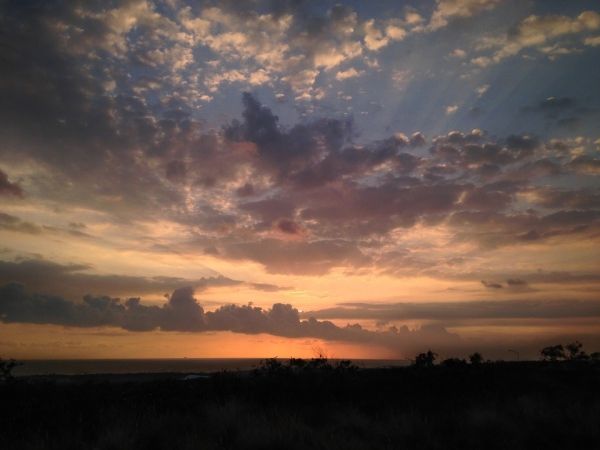There is a race going on high in the atmosphere above the Arctic, and the ozone layer that protects Earth from damaging ultraviolet (UV) radiation will lose the race if greenhouse gas emissions aren’t reduced quickly enough.
A new study from an international team of scientists, including University of Maryland Professor Ross Salawitch, shows that extremely low winter temperatures high in the atmosphere over the arctic are becoming more frequent and more extreme because of climate patterns associated with global warming. The study also shows that those extreme low temperatures are causing reactions among chemicals humans pumped into the air decades ago, leading to greater ozone losses.
The new findings call into question the commonly held assumption that ozone loss would grind to a halt in just a few decades following the 2010 global ban on the production of ozone depleting chemicals called chlorofluorocarbons (CFCs) and halons.
The study—which was jointly conducted by UMD, the Alfred Wegener Institute’s Helmholtz Centre for Polar and Marine Research, and the Finnish Meteorological Institute—appeared in the journal Nature Communications on June 23, 2021.
Read more at University of Maryland
Photo Credit: fightkapau808 via Pixabay


